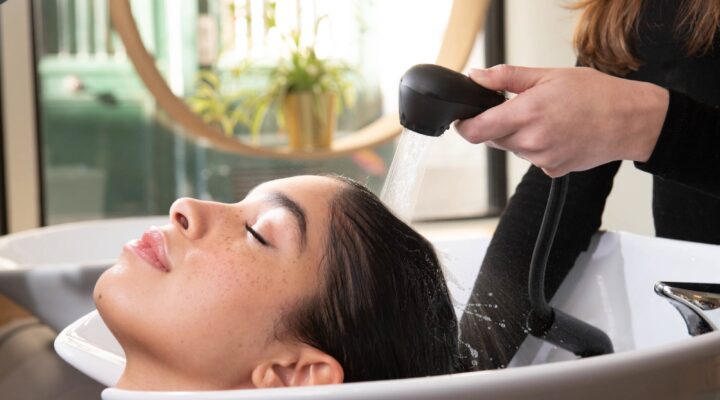L’Oréal Group announced its acquisition of Swiss innovation and environmental “water-tech” company Gjosa in January this year and today reported record annual results for 2023, with double-digit growth and sales of $68.3 billion. As the world’s largest cosmetics company, it continues to outperform the dynamic global beauty market. L’Occitane Group, an international cosmetic manufacturer and retailer specialising in natural and sustainable ingredients, also reported double-digi
igit growth and sales that exceeded $3.3 billion. The company attributes this to the performance of Elemis and Sol de Janeiro, the Brazilian American skincare and fragrance brand, in which L’Occitane Group acquired an 83 per cent stake in 2021, based on a US$450 million valuation at the time.
Investing in sustainability innovation and acquisitions
The Australian arm of the L’Oréal Group is 100 per cent powered by renewable energy, and worldwide the company continues to invest in assets and innovations that cement its place as a sustainability leader in the industry. The purchase of Australian-founded cult-luxury skincare brand Aesop in 2023 for $3.7 billion from its Brazilian parent company Natura & Co is an example of how the Group is expanding in alignment with its commitment to sustainability across the planet, people and its products.
For the eighth consecutive year, L’Oréal received a triple ‘A’ CDP score, which is a snapshot of a company’s environmental disclosure and performance, placing it in the top one per cent of companies globally.
In January, L’Oréal announced it had acquired the remaining shares in Gjosa, the Swiss startup pioneering water fractioning, for an undisclosed amount. L’Oréal initially invested in Gjosa through its corporate venture capital fund, Bold (Business Opportunities for L’Oréal Development), in 2021 and has been partnering with the start-up since 2015 to optimise water-saving technologies.
Three years later in 2018, this resulted in the development of the Water Saver shower head that reduced water usage in the rinsing process by over 50 per cent. L’Oréal presented the Water Saver, a sustainable haircare system for the salon and at-home beauty routine, at the 2021 Consumer Electronics Show, and that same year it was named in Time’s “100 Best Inventions of the Year”.
Through the acquisition, L’Oréal Group intends to scale the water-saving capabilities of the technology for the beauty industry as part of the business’s science-based water management.
L’Oréal Group, CEO, Nicolas Hieronimus said, “Acquiring Gjosa further strengthens our ability to build sustainability directly into our products and services, allowing us to seamlessly integrate water-conserving technology into new formulations and Beauty Tech innovations.”
Gjosa co-founder and board member, Amin Abdulla credited L’Oréal as being the company’s most important partner and said that joining the Group made sense as Gjosa seeks to build on the success of the Water Saver and parlay that into new use cases, form factors and markets.
Laurent Manca, CEO of Gjosa, believes that L’Oréal’s beauty market leadership combined with Gjosa’s expertise will transform the beauty industry through new, sustainable beauty tech innovations at scale.
Local performance
L’Oréal Groupe has 1,100 employees in the ANZ region working across over 30 brands in DTC retail stores and concessions, which are divided into four unique divisions: luxe, consumer products, dermatological beauty, and professional products. The luxe division includes brands YSL Beauty, Giorgio Armani Beauty and Prada Beauty.
The SAPMENA-SSA (South Asia Pacific, Middle East, North Africa, Sub-Saharan Africa) region, which includes Australia, saw like-for-like growth of +23.2 per cent and +16.4 per cent on a reported basis.
Australia and New Zealand, which were among the top three fastest-growing regions after India and Vietnam, grew more than +20 per cent, and online sales outperformed offline.
In SAPMENA, each category, division, and country experienced double-digit growth. In Australia and New Zealand, fragrance was the most dynamic category, followed by skincare and makeup. The continued premiumisation of haircare boosted the business as L’Oréal continues to invest in tech innovation for performance and sustainability.

